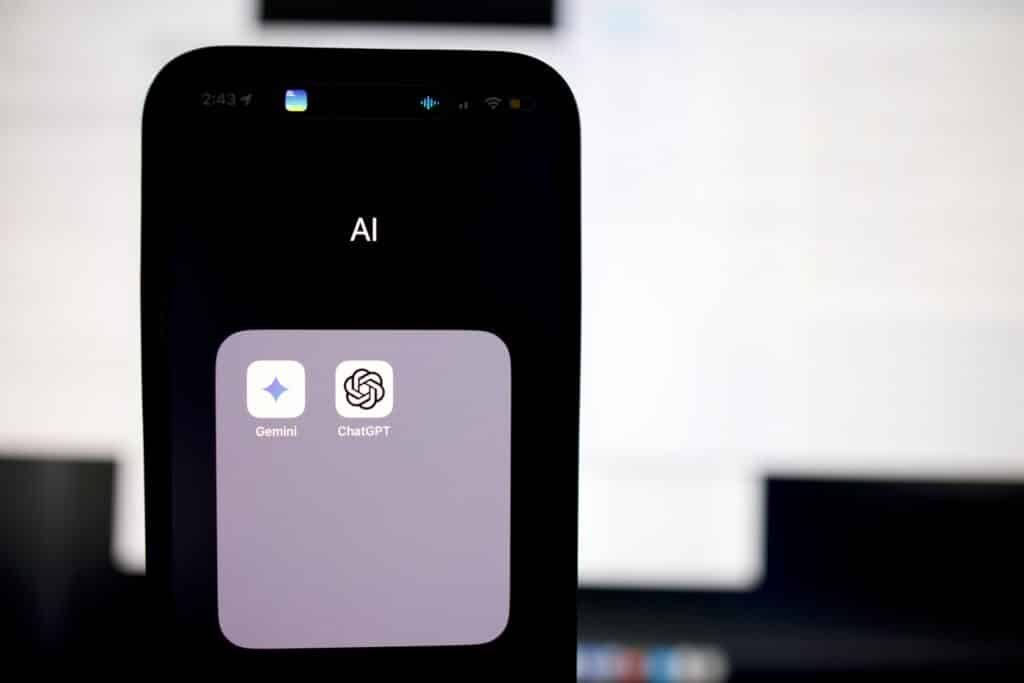The world of entertainment is already moving at a rapid rate. The introduction of AI tools is only going to speed things up and people will be met with more choice than ever in the future as these tools increase the entertainment options.
AI is still in its infancy but it has already changed lives in a number of different ways. It didn’t take long for companies to start to work out how they could use artificial intelligence to streamline processes or even introduce more forms of entertainment. Virtually no industry has avoided some knock-on impact of this technology and entertainment is having to adjust and adapt. This should all lead to more options as well as better and safer experiences for players.
The Gambling Industry
This is a thriving entertainment industry and one that provides customers with loads of different options. People who visit gambling websites will know that there are often a number of different options available and this is likely to grow due to the fact that the development can be streamlined and aided by artificial intelligence.
Slot game creation is becoming faster and more intuitive thanks to AI-driven tools. Game developers use machine learning in the actual code and generate themes and mechanics tailored to specific audiences. Developers can now analyze vast datasets on players to also analyze their games and the things people like about them.
There is a huge appetite for new slot games on the market as we see from the selection of games at www.ignitioncasino.net/us/ – as well as slot games there are also table games and other traditional casino games. Developers are looking for ways to incorporate AI into their workflows to improve options and still create interesting games for players.
AI also has some indirect impacts on gambling games. The use of AI in cybersecurity can potentially help to keep players even safer when they are accessing games. Algorithms have also long been used to provide people with recommendations and the sorts of things they like but this could expand further with AI as they gain an even better understanding of customer behaviors and preferences.
Movies and Television
The visual aspects of AI are still being explored. AI has transformed Hollywood and streaming platforms alike. Filmmakers use AI to generate realistic special effects and can use AI-driven tech for effects like making lifelike digital humans or de-aging actors. AI also plays a role in scripting and other aspects of the industry.
For streaming giants like Netflix and Amazon Prime the way people find new shows to watch is down to algorithms and AI is the backbone of recommendation systems. These algorithms use viewing history and preferences to curate personalized libraries for every user.
Image recognition may also be used for describing content. Audio description is currently a labor-intensive task but there are a lot of ways image recognition can be used with AI algorithms. It is possible that this could be automatic and that AI could help people who are partially sighted to better understand the shows they are watching.
Some people don’t like the idea of AI generation in terms of replacing actors and we understand why but some uses like better special effects are no-brainers. AI can be incorporated into software to help to generate more realistic effects. Even smaller studios may be able to access top-level visual effects. In the same way AI image generation works it is possible that filmmakers will be able to simply ask software to make a character younger or to add an explosion in a scene and it will be able to do so with ease.
PC and Console Games
AI in video games goes far beyond smarter NPCs (non-player characters). Procedural generation powered by AI creates vast and immersive worlds without requiring thousands of hours from human developers. Games like No Man’s Sky showcase how new technology can build entire universes with millions of unique planets – each with its own ecosystem. This uses generational processing but with AI it is possible that games could have limitless sandboxes for people to play in.
AI shapes stories dynamically and could potentially make each experience more unique. Interactive narratives adapt based on choices and can create unique experiences every time. AI is also crucial for accessibility – it can change the difficulty of the game and adapt to a player’s ability to ensure things don’t get too tough (or so easy that they aren’t a challenge).
Some developers have even trained AIs to be able to play games in a bid to understand the capabilities and challenges better.
Conclusion
We’re currently in a stage where the changes AI is bringing about have not been fully established and some people are wondering exactly what the future will look like for these forms of entertainment. The technology is bound to continue influencing a number of industries and sometimes even in ways we hadn’t predicted…

